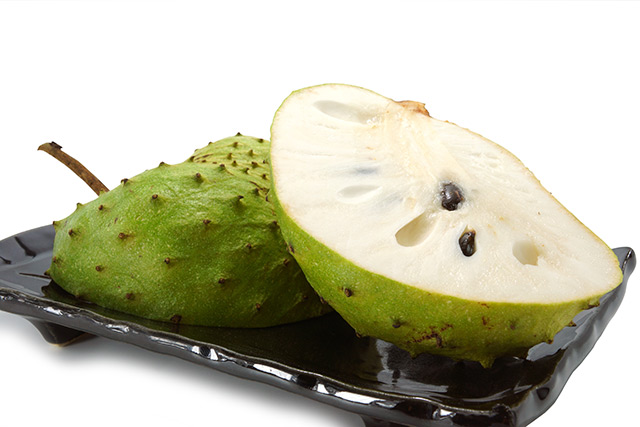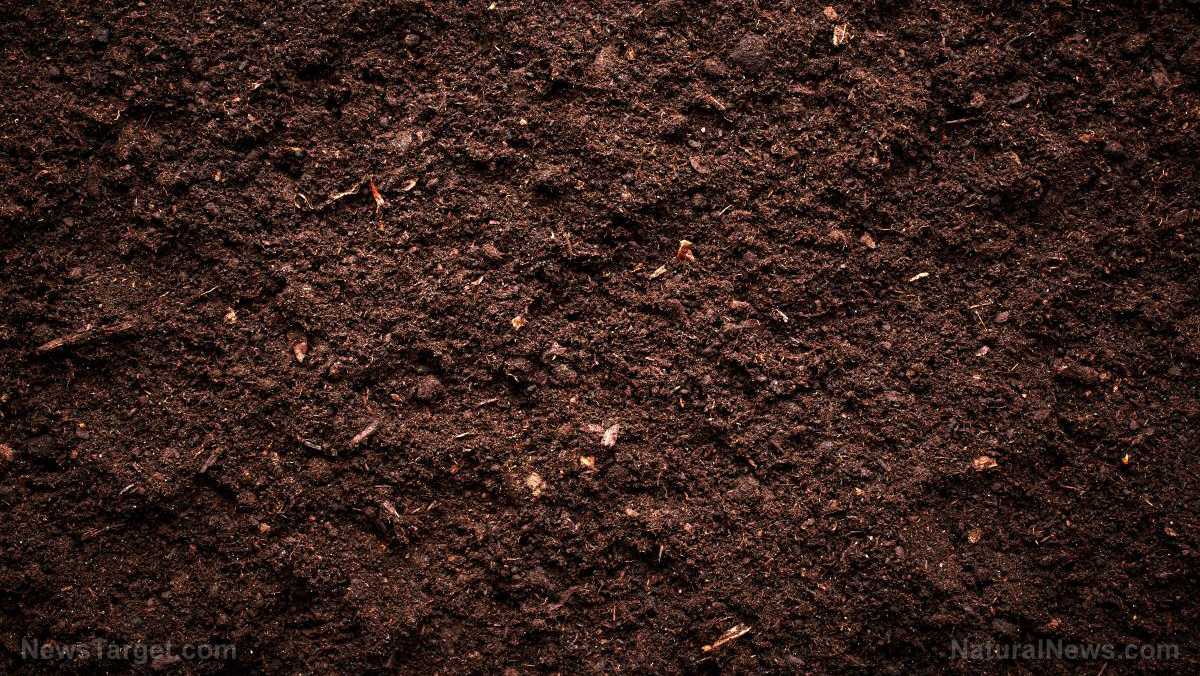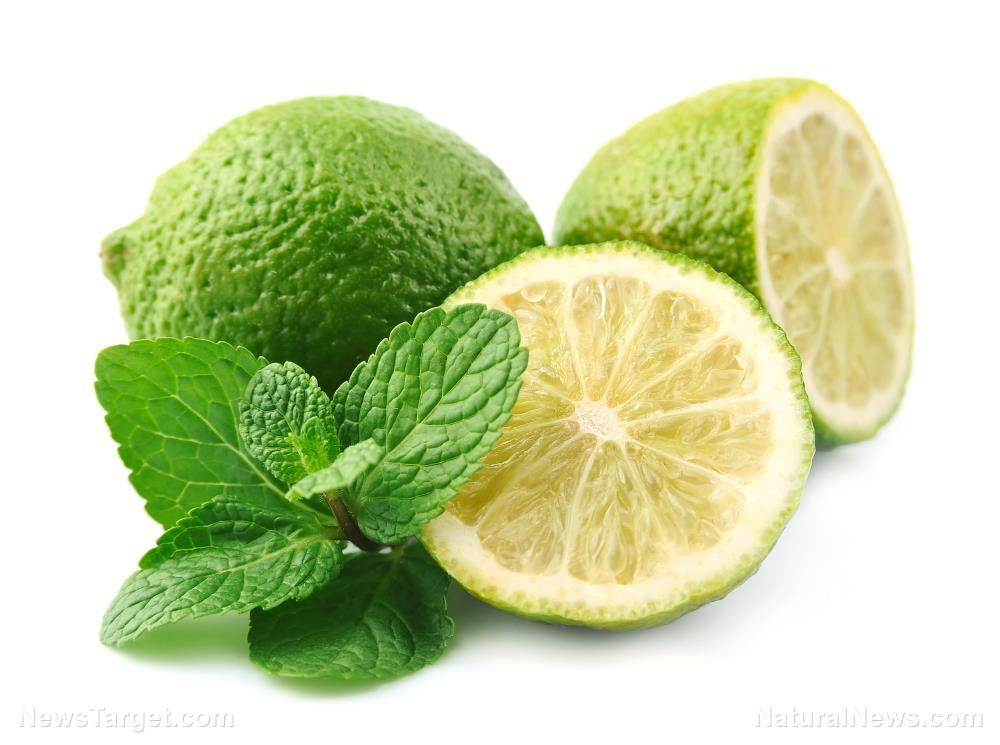Probiotics found to mitigate the effects of salt on blood pressure
10/25/2018 / By David Williams

It is a well-known fact that certain kinds of bacteria can be found in your gut. Rather than trying to get rid of them, it would actually benefit you to keep them since these bacteria are able to help you in so many ways — even if you don’t know how they do so. So, when a type of food threatens to reduce them in large numbers, your next step should be to fight against it.
Researchers from the Max Delbrück Center for Molecular Medicine (MDCMM) in Berlin have figured out a way to do just that. They looked for ways to counter the negative effects, such as the reduction of certain gut bacteria, that occur in individuals with a high-salt diet (HSD). The researchers worked alongside experts from the Massachusetts Institute of Technology and the Friedrich-Alexander University and published the results of their study in the journal Nature.
Effects of HSD
A high-salt diet has the unfortunate effect of reducing the numbers of certain bacterial species in mice, namely the Lactobacillus spp. As a result, this increases the number of T-helper 17 (TH17) cells, which are inflammatory, and end up raising blood pressure in animals. Indeed, feeding mice table salt which only accounted for four percent of their diet for two weeks was enough to grant them HSD status. And they ended up losing portions of certain gut bacteria because of it.
In a corresponding human pilot study, the researchers then took 12 research subjects and gave them an additional 6 g of salt per day for two straight weeks. This resulted in “significant reductions” in Lactobacillus species as well as an increase in the numbers of TH17 cells and higher blood pressure, a report on the study revealed.
According to the authors of the study, they were able to show that high salt intake affects the gut microbiome in mice, “particularly by depleting Lactobacillus murinus.” Meanwhile, high salt intake is not only known to raise blood pressure, it is also associated with cardiovascular diseases and stroke, notes a report on the study.
Since the researchers were able to know that the HSD reduces the number of Lactobacillus murinus, they found that the effect could be counteracted simply by using supplemental probiotics. It is said that supplementation with the probiotic Lactobacillus murinus effectively reduced the number of harmful TH17 cells in mice and eventually lowered their blood pressure. As an added bonus, the treatment with probiotics also helped relieve experimental autoimmune encephalomyelitis or EAE in the mice.
“Our experimental data in mice suggest that the gut microbiota might serve as a potential target o counteract salt-sensitive conditions,” explain the researchers. “The identification of Lactobacillus as a ‘natural inhibitor’ of high salt-induced TH17 cells in mice could serve as a basis for the development of novel prevention and treatment strategies.”
Implications for future treatments
Meanwhile, the finding that probiotic therapy also improves EAE was seen to have possible implications for other autoimmune diseases like multiple sclerosis (MS). According to Professor Dr. Ralf Linker of FAU, MS may end up being “one of the salt-sensitive diseases which we might be able to treat in the future with individually tailored probiotics as an add-on to standard immune therapies.”
Although the researchers were able to prove that the use of probiotic treatment is effective in countering the effects of an HSD, they say that the findings “should not be construed as a license to eat a poor diet.”
Read more about the many health benefits of probiotics at Nutrients.news.
Sources include:
Tagged Under: Diets, good bacteria, heart disease, high salt diet, Lactobacillus, nutrition, probiotic therapy, probiotics, salt



















